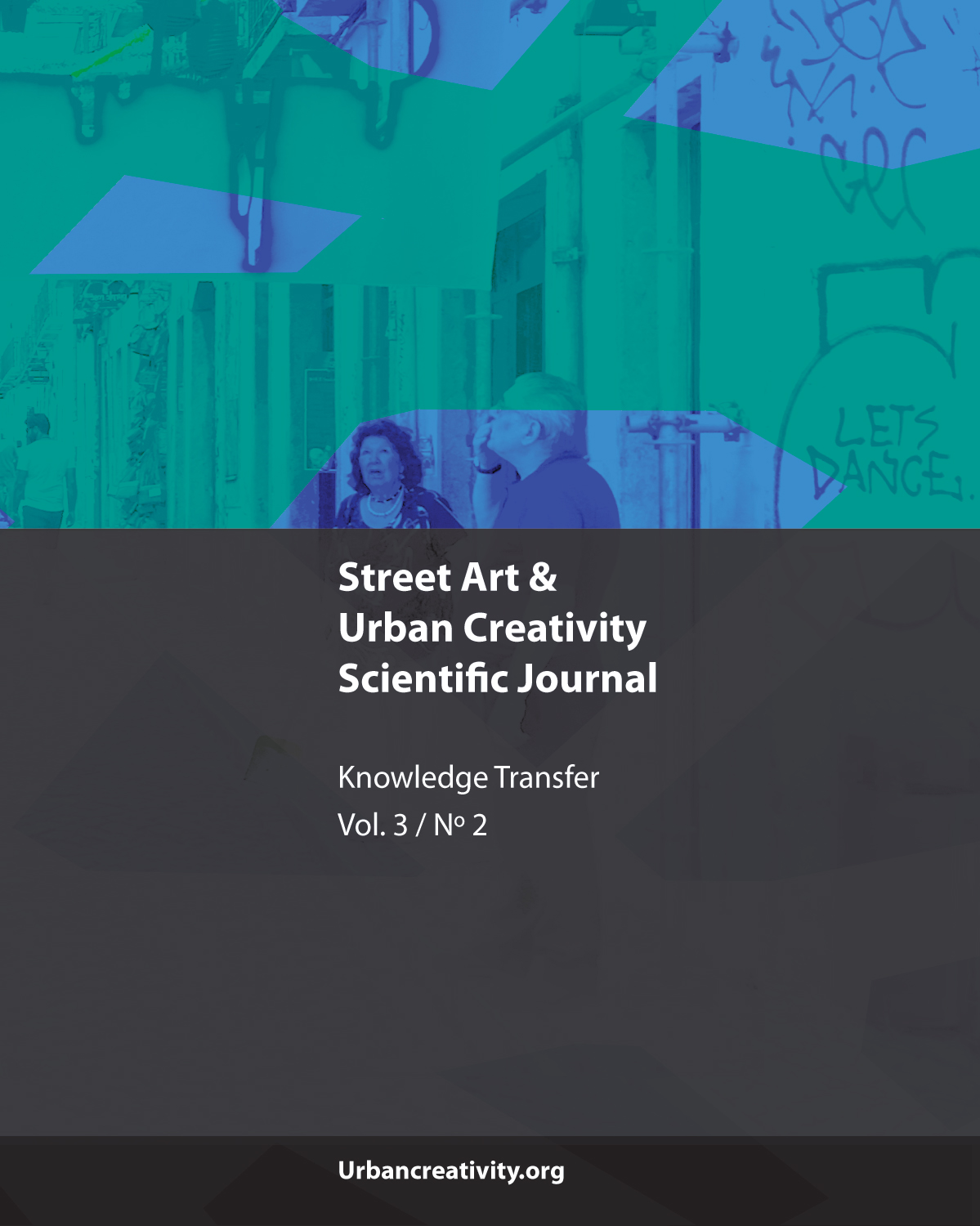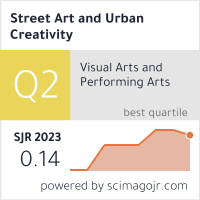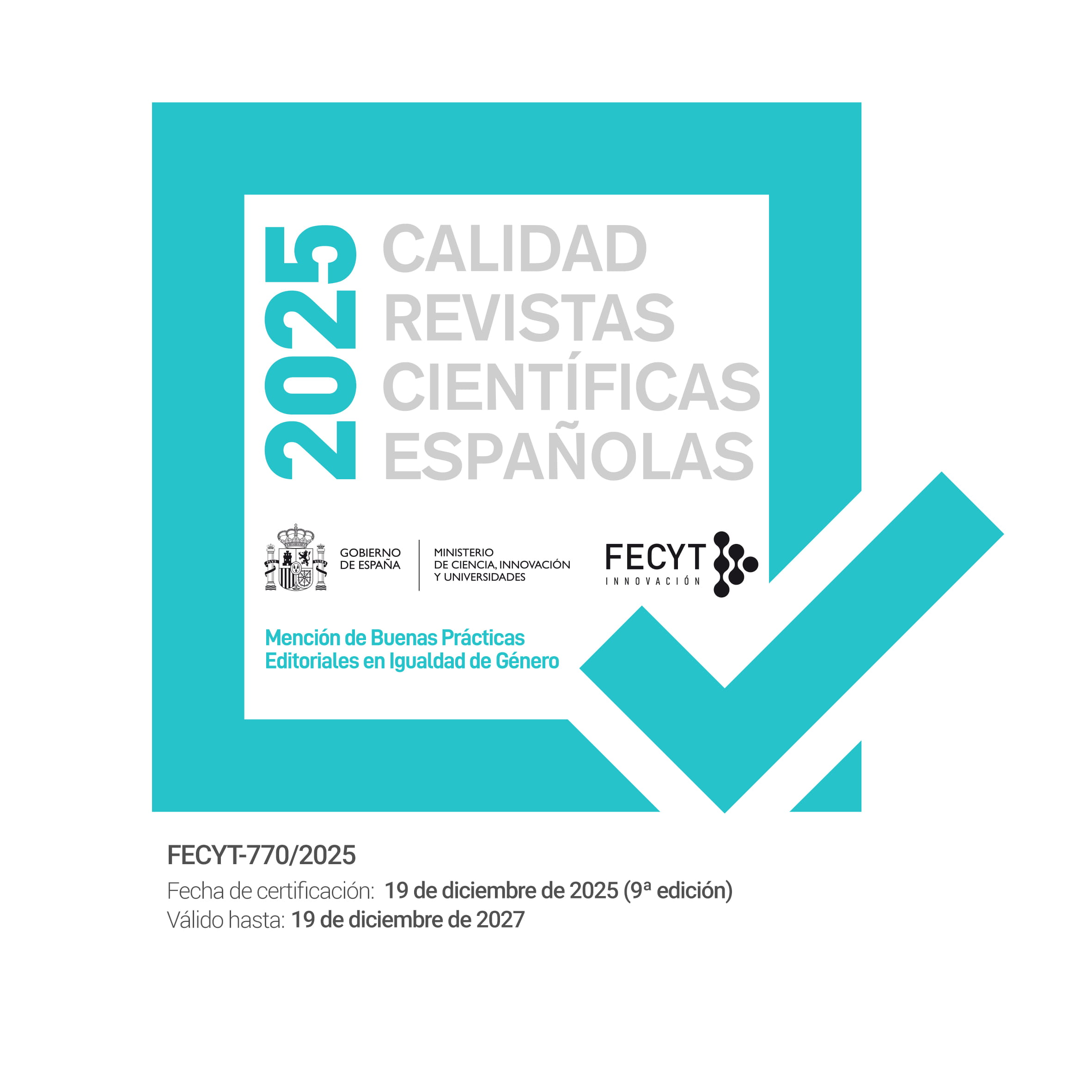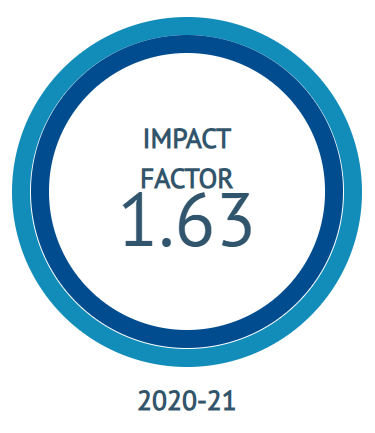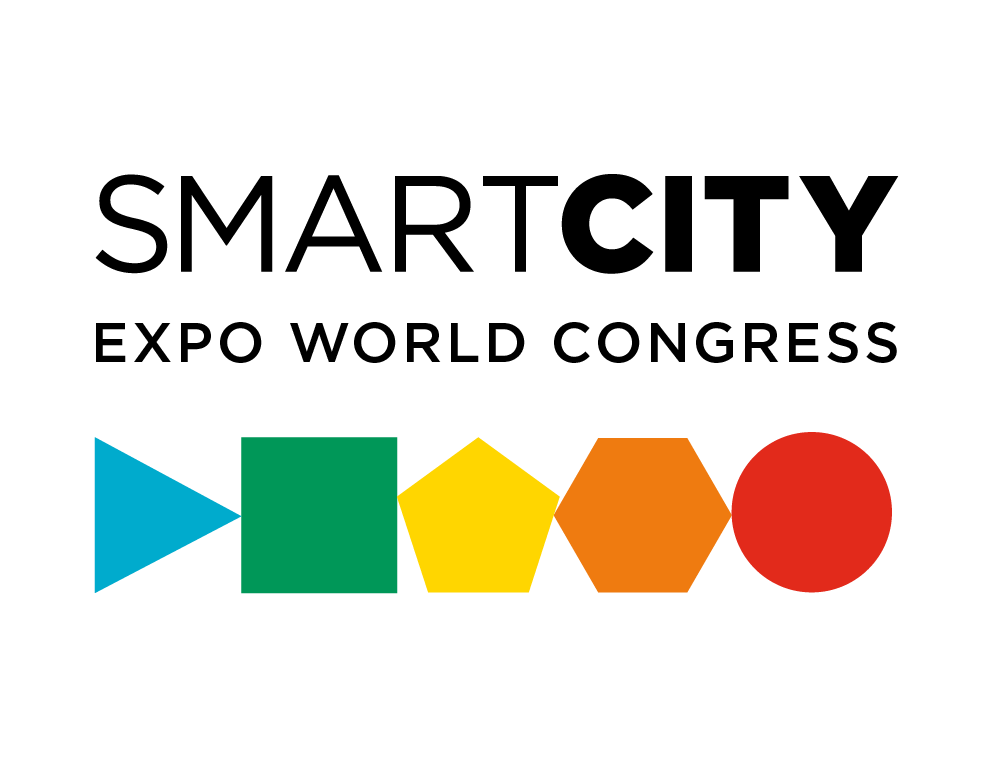Creative city practices in the Lusophone space
the case of São Paulo and Lisbon
DOI:
https://doi.org/10.25765/sauc.v3i2.79Keywords:
Creative City, Urban Creativity, Lusophone, São Paulo, LisbonAbstract
The purpose of this paper is to discuss the creative city, and thus urban creativity in the Portuguese-speaking world, through eight in-depth interviews with leading figures of creative city practices in São Paulo and Lisbon. Both cities share a common language, similarities in history and culture, and in recent years they have been facing serious economic, political and social problems. Over the last few decades, various initiatives have been created with aims of involving and collaborating with locals in order to directly influence the quality of urban life. This research explores how changes in power and political and economic circumstances influence both the city and the lives of locals. I examine how specific bottom-up initiatives address various problems in society; I assess the best practices of urban creativity and how current problems and solutions arise in a contemporary metropolis. The research is based on study trips to São Paulo and Lisbon in 2016 where a number of interviews were conducted with representatives active in innovative creative economy organizations, routinely providing solutions to the needs of people in urban public spaces.
Downloads
Global Statistics ℹ️
|
141
Views
|
69
Downloads
|
|
210
Total
|
|
Downloads
Published
How to Cite
Issue
Section
License
Those authors who publish in this journal accept the following terms:
-
Authors retain copyright.
-
Authors transfer to the journal the right of first publication. The journal also owns the publishing rights.
-
All published contents are governed by an Attribution-NoDerivatives 4.0 International License.
Access the informative version and legal text of the license. By virtue of this, third parties are allowed to use what is published as long as they mention the authorship of the work and the first publication in this journal. If you transform the material, you may not distribute the modified work. -
Authors may make other independent and additional contractual arrangements for non-exclusive distribution of the version of the article published in this journal (e.g., inclusion in an institutional repository or publication in a book) as long as they clearly indicate that the work was first published in this journal.
- Authors are allowed and recommended to publish their work on the Internet (for example on institutional and personal websites), following the publication of, and referencing the journal, as this could lead to constructive exchanges and a more extensive and quick circulation of published works (see The Effect of Open Access).

